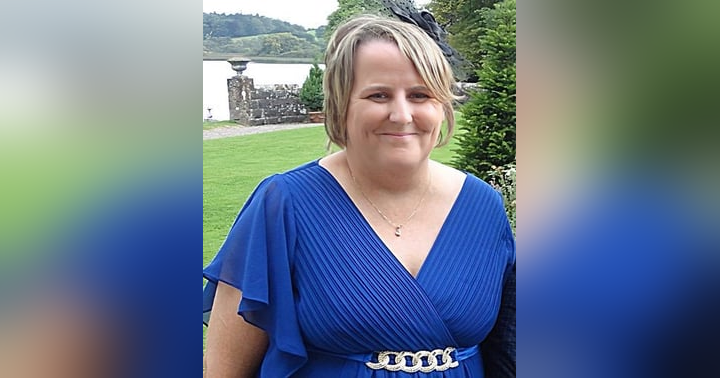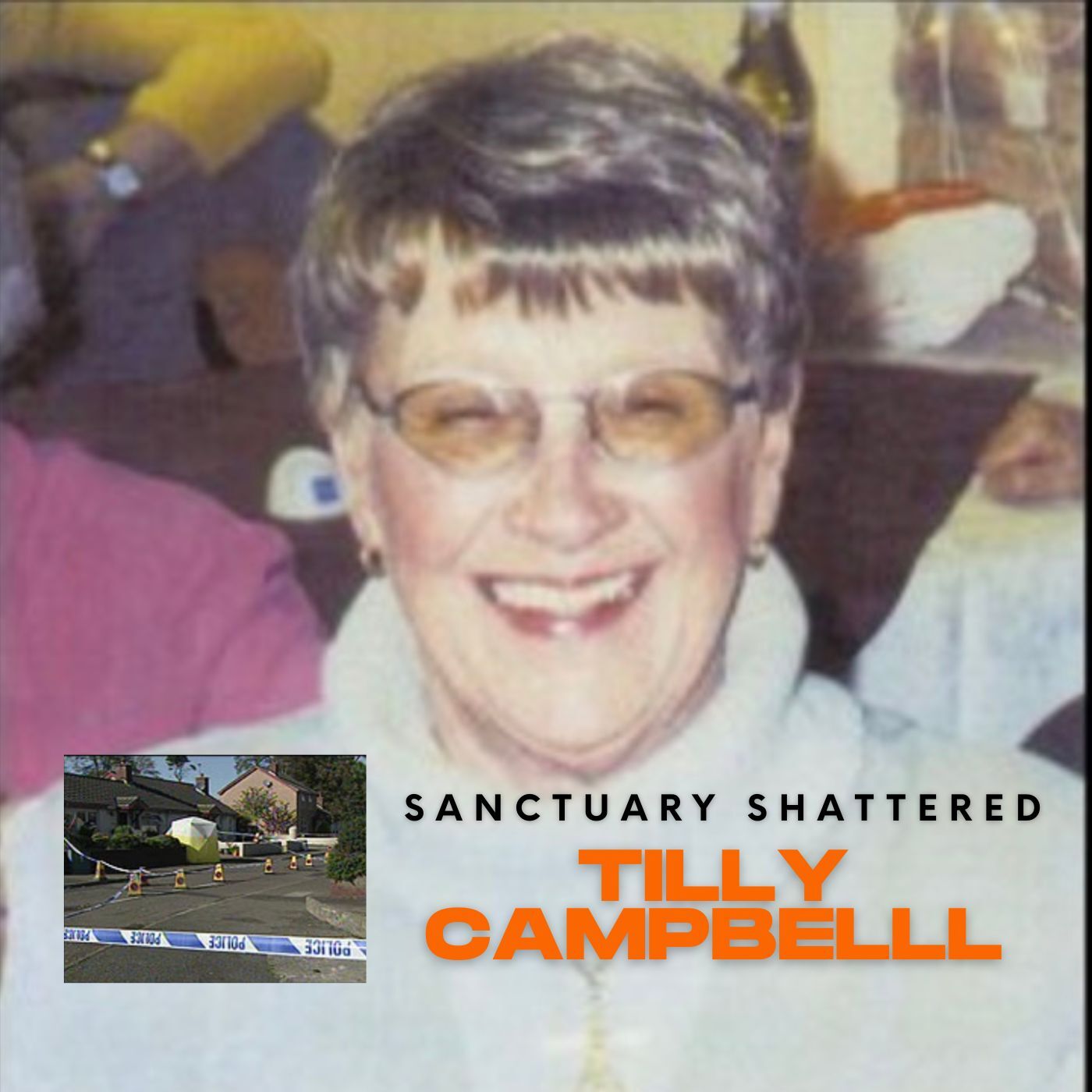Ethical Storytelling in True Crime Podcasting.

True crime podcasts are hugely popular right now, but behind every case is a real person and a real family. That’s something I think about every time I sit down to write an episode. These aren’t just stories to fill airtime. They’re people’s lives, and the way we tell them matters.
For me, ethical storytelling begins with respect. It’s easy to get caught up in the drama of a case, but I always try to keep the victim at the centre of the story. They’re not just a name in a headline. They were loved, they had families, and their lives were cut short or changed forever. That deserves care in how we speak about them.
It also means being clear about what we know and what we don’t. It can be tempting to fill in the gaps or speculate about what might have happened, especially in unsolved cases. But that only muddies the truth and risks causing more pain to those left behind. If something isn’t certain, I’ll say that, rather than pretend otherwise.
Another part of ethical storytelling is tone. True crime can be engaging without being sensational. I try to choose words that draw listeners in without turning a case into entertainment at someone else’s expense. Sometimes that means slowing down to show the human side of a story, or giving space to the impact it had on a community.
And then there’s the bigger picture. A single case can often highlight wider issues, whether that’s the way victims were treated, the lack of support for families, or the attitudes of the time. Telling these stories responsibly can open up conversations that go beyond the crime itself, and maybe even make a difference in how similar cases are seen today.
At the end of the day, true crime is about people. If we forget that, we lose sight of why these stories matter in the first place. Ethical storytelling is simply about remembering the humanity at the heart of it all.



